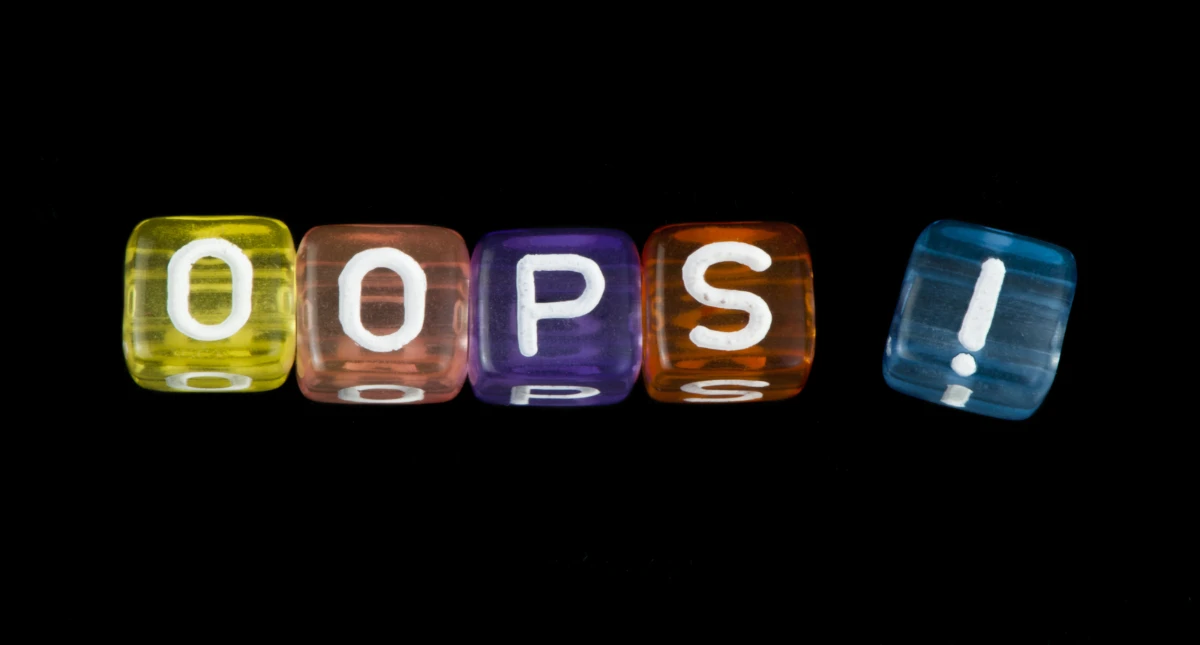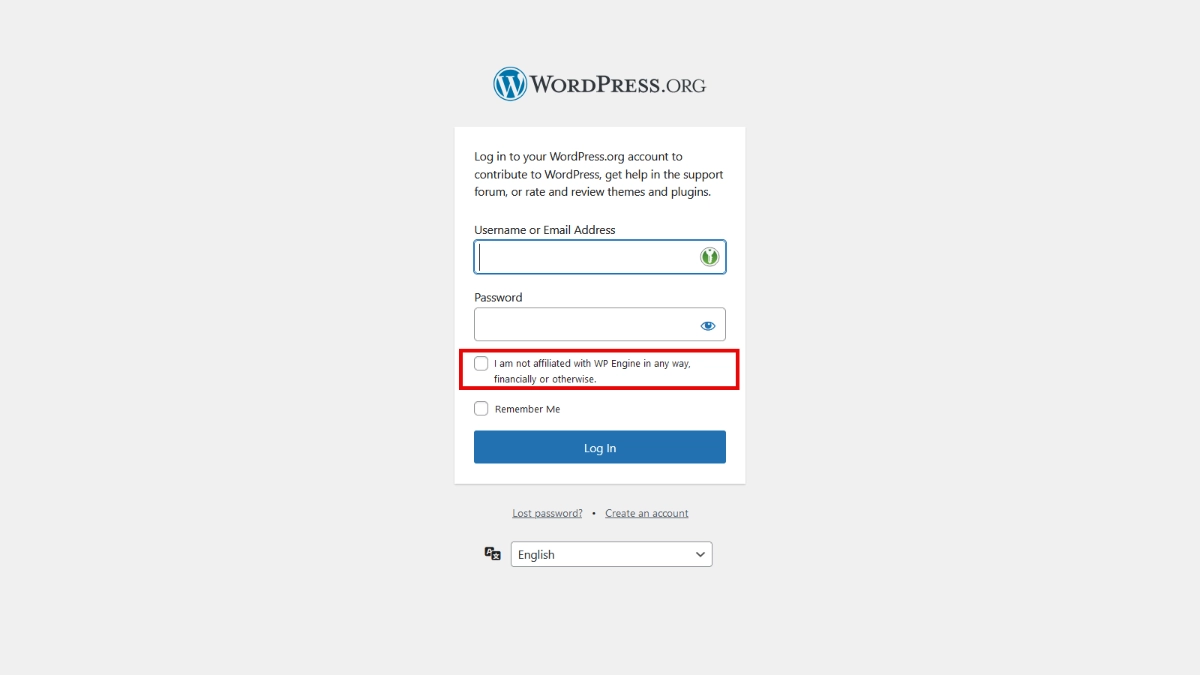It’s often said that the two hardest phrases in any language are “I’m sorry” and “I was wrong.” But for children, learning to say these words is one of the most important lessons we can teach them. Teaching kids to own up to mistakes, actively listen to others’ feedback, and be flexible enough to change their stance is a foundation for navigating the world with integrity and empathy. In practice, these words can turn down the volume on conflicts and building bridges in situations where the divide feels insurmountable. I teach this to my kids every day. That’s how they grow into strong adults.
Sometimes I, too, have been wrong. I have two examples related to the WordPress community.
GatherPress
Take, for instance, my initial position on the GatherPress proposal (proposal, my blog post, GatherPress.org). I was enthusiastic about the idea of integrating GatherPress, a plugin “For the community, by the community”, into the WordPress.org network as a way to replace Meetup.com for our local events. The concept of requiring accounts and logins to RSVP to an event or buy a WordCamp ticket seemed logical to me. After all, we have, for years, required attendees to create accounts on Meetup.com, and most major ticketing platforms like Eventbrite and Ticketmaster also ask for accounts. Furthermore it would help tracking contribution time from organisers contribute.
My error was in assuming that the WordPress.org decisions were taken after thorough discussions on Community channel and Make site posts, by a number of people contributing to the Community Team, for all decisions related to whatever feature being introduced, removed or changed on WordPress.org. I was wrong and we realised that for example, at any moment, a checkbox could be introduced to the login form that would carry us into a legal battle none of us asked for. As part of the Community Team, I have not seen the proposal, feedback and vote before this change. On the topic of the checkbox and legal risk, I wrote a statement on my legal involvement.
Asking our local event attendees to certify their non-affiliation with a company they may have never heard of, to simply RSVP to an event was, I now realise, unfair. The possibility that this might legally affect our community members was also not something I considered. Looking back, it’s as though Meetup.com had asked us to tick a box to confirm we weren’t affiliated with some random entity of their choice, imagine if they asked us if we are not affiliated with WordPress! I was wrong, and I understand now that we can’t ask our local event attendees to make that commitment.
Edit on 11 December 2024: the checkbox is going away by decision of court, see the update on my “Statement on my legal involvement” post.
Additionally, this integration with WordPress.org user accounts would mean that any local event attendee could be at risk of being banned from community Slack or blocked on our community social profiles without a proper Incident Response Team investigation.
Note that I’m not talking on behalf of the GatherPress team, and its development continues as it is anyway a standalone WordPress plugin. Additionally, the integration between GatherPress and users accounts on the WordPress.org network should soon progress, so I just hope this checkbox is soon going away. The GatherPress team is also looking at integration with the event format on the Fediverse, which would allow users to RSVP to events in a federated way, without an account on the network.
Slack
Another topic on which I would like to say “I’m sorry, I was wrong” is the proposal to integrate all local WordPress Slack workspaces into the Slack Enterprise Grid plan. Fortunately, it was dismissed!
At the time, I believed it would help bring all WordPress discussions under one roof, streamline our communications and save our past conversations, as most of the local workspaces are on the free Slack plan where past conversations are lost after 90 days. However, I underestimated the implications for our community and the concerns that would arise, such as the same checkbox now required to login or the Grid plan’s ability to read direct messages, which is, quite frankly, not acceptable at all and even illegal in some countries.
Let’s own our mistakes
I’ve been raised with critical thinking, respect, and kindness in mind, so it’s rather easy for me to say I’m sorry and show accountability for my errors. Admitting that we’re wrong may not come easily, but it’s an essential step to maintaining trust. Owning our mistakes is not only necessary, it’s what keeps us moving forward together.
You are all welcome to reply here or link to a similar post “I’m sorry, I was wrong” and help undo actions that proved being unfair.
Related posts
Disclaimer: The opinions expressed in this post are my own and do not represent the views of my sponsors or the projects I am part of, such as the WordCamp Europe organising team, the WordPress Contributor Mentorship Program, my roles in the Make Community team, GatherPress community engagement or WPpodcast translation. If there is any conflict with these projects, I welcome any feedback, and I am open to stepping down from my roles.
These opinions and texts are mine, with the assistance of ChatGPT solely to improve the quality of the English language.




Leave a Reply